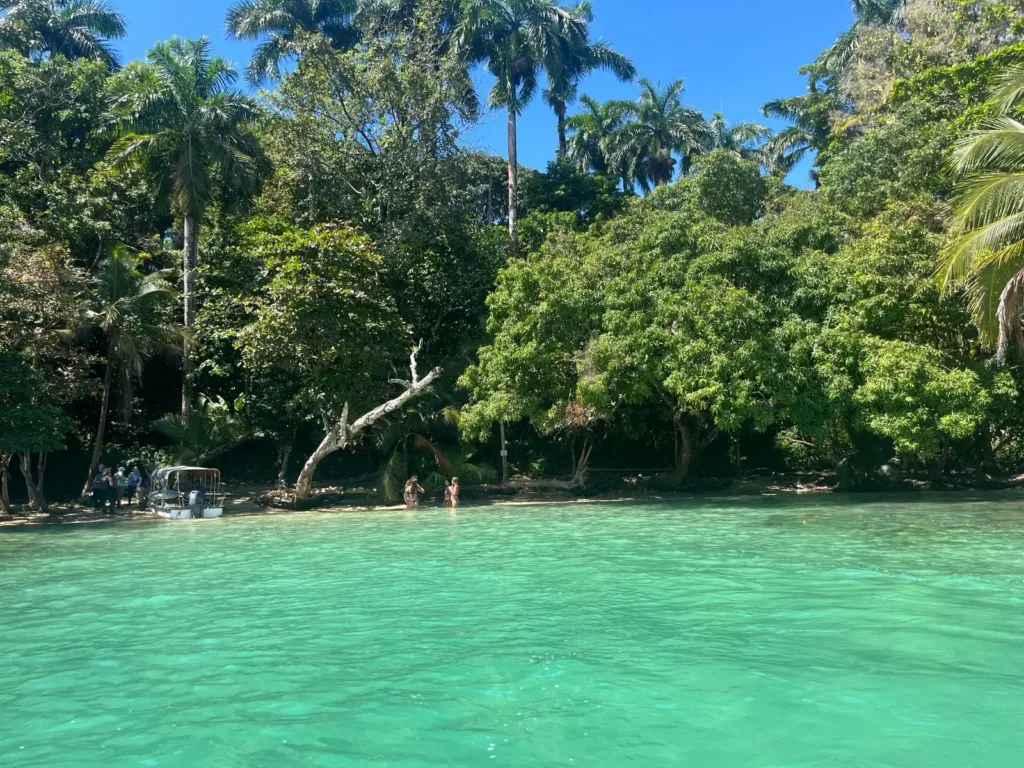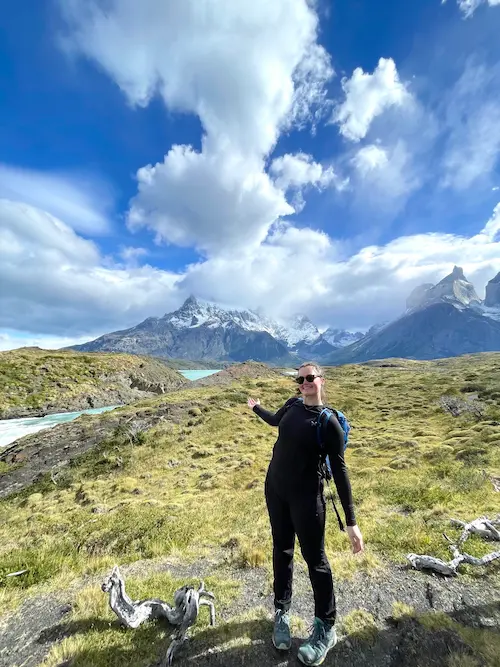Education in 360° HD: Catlin Seaview Survey Visits the Center for Marine Resource Studies
Yasmeen Smalley
Rochester Institute of Technology
Last week we got a surprise visit at our Center from a group that just happened to be in the area—the Catlin Seaview Survey team! The group is undertaking ground-breaking work on photographing the world’s coral reefs, which will be used for scientific analysis and public awareness. You may have seen their work on Google’s Street View – Oceans!
As a young underwater photographer, it was incredibly fascinating to “talk shop” about the kind of gear and software they use. It turns out that our underwater camera set-ups are fairly similar! Once you take away the strobes and add about US $50,000 in special lenses, stereo GoPros and an underwater propulsion device, that is.
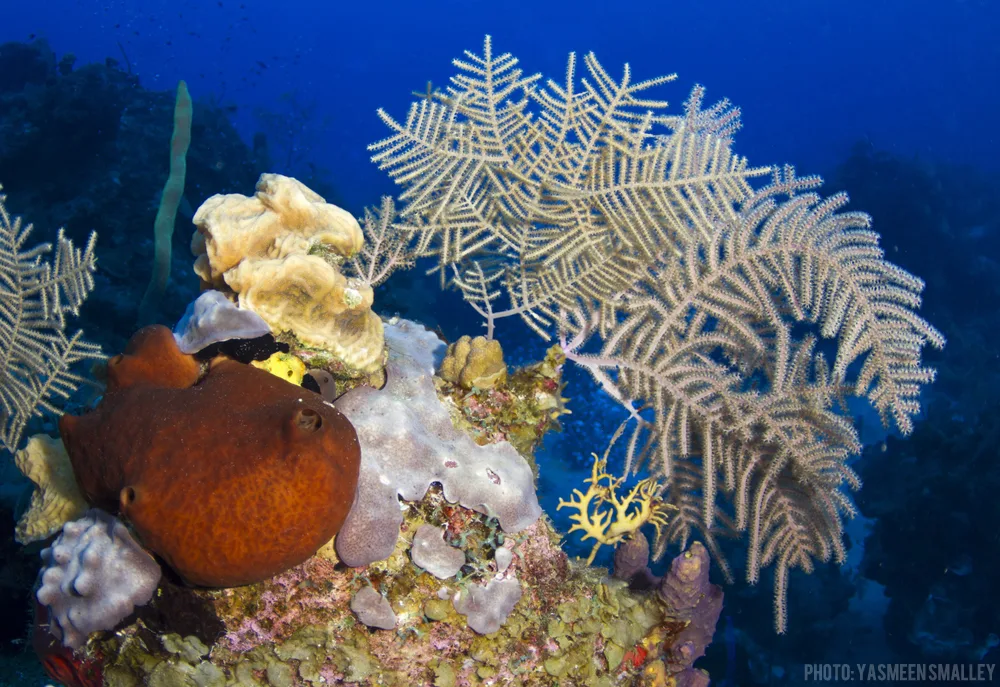
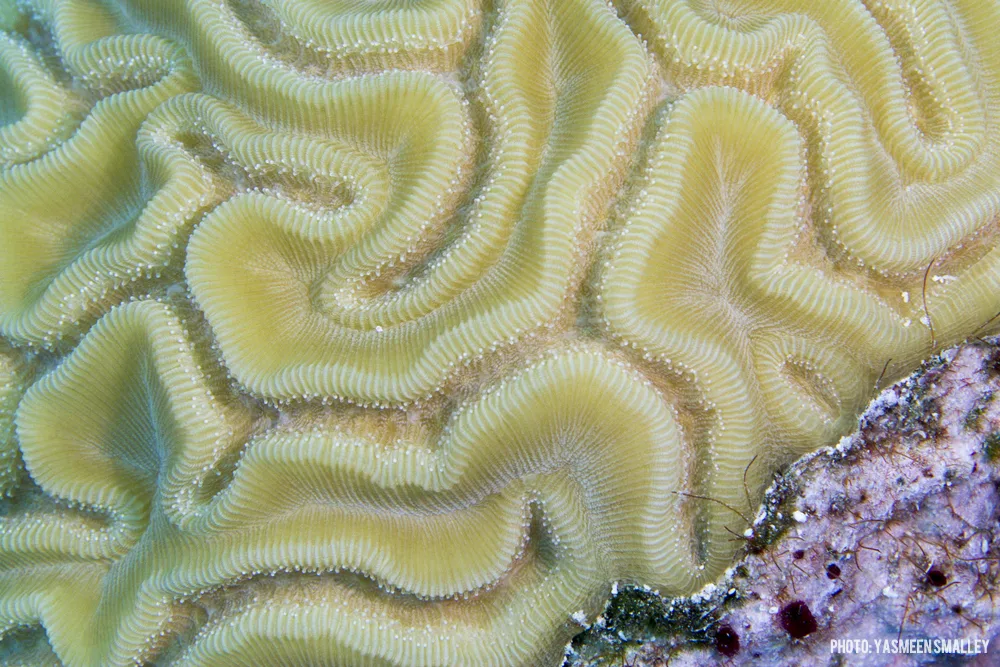
The team achieves such beautiful, clear photos without using underwater strobes, or lighting, by using a very wide-angle fisheye lens that lets in large amounts of light. The images are captured by not one, but three cameras in a dome housing, and are then stitched together by the Catlin team to create a full panorama. Coral cover in the images is then determined using the same facial recognition software as used by Facebook!
The survey team was in South Caicos photographing the coral reefs as part of their baseline survey for the Caribbean. So far they’ve photographed coral reefs in the Netherlands Antilles, The Bahamas, Bermuda, Anguilla, Guadeloupe, and now the Turks and Caicos Islands. The images will be used to create a baseline that will be revisited in five years to measure coral degradation.
One of our professors learned that the Catlin group would be in the area by following them on Twitter, and he invited them to the Center using social media. Overall it was a great night meeting and talking to professionals in the field that I want to pursue. Needless to say I’ll be following their future adventures on @SeaviewSurvey very closely!
Dr. Edd Hind
Resident Lecturer in Environmental Policy & Socioeconomic Values
It’s great being part of a faculty at the SFS Center for Marine Resource Studies, which I believe delivers a curriculum that stands up well alongside any college’s, (and lets you take part in way more field studies of course!), but I’m big enough to realize that there are some things I can’t compete with as an educator. As I’ve mentioned before, one of these is shark tagging (which we do!), but the other is imaging a reef in the kind of 3600 HD imagery you bought that home cinema screen for.
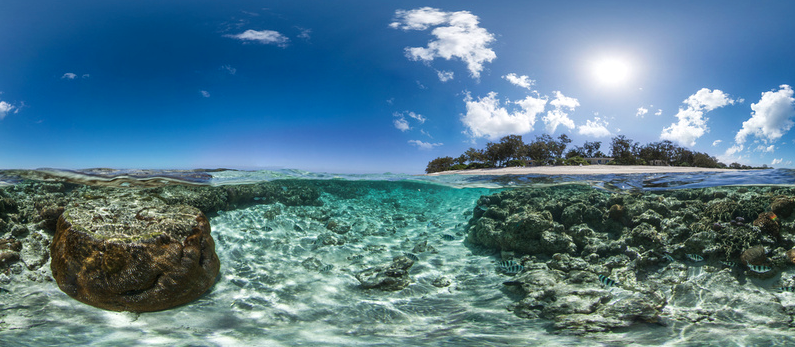
I’d seen the Catlin Seaview Survey’s images of the Great Barrier Reef in Australia in the media a year earlier, and when I heard they would be in the Turks and Caicos this semester, I quickly realised we would perhaps be able to offer the Fall ’13 class a very unique opportunity, and better still we’d be able to collaborate to further the research of both the Catlin team and our own Center.
Last week, Catlin anchored just offshore from us and then spent the day completing three 2km reef transects. Due to our communication before their arrival, we were able to coincide two of their transects with four of our own permanent sites for monitoring coral health. Not only are Catlin producing stunning imagery for Google Street View – Oceans, but they are also collecting a great deal of scientific data on reef structure and making that and their images freely available to all. Their added capabilities will allow us to compare new datasets to our existing ones, and they will also benefit as they will be able to contextualize their imagery in the light of some of the 22 years of research we have conducted on our adjacent reefs.
And of course, our students loved hearing from the visiting researchers. Post-survey Manuel González-Rivero gave a very engaging talk at our Center and as soon as Catlin’s HD imagery showed up on screen behind him the students were hooked (in a way they almost are in my lectures!). We have a number of students this semester who have passions for underwater photography, and it’s brilliant to see from Yasmeen’s words above that it was such a fascinating experience.
Hopefully, getting to meet the Catlin Seaview Survey team and learn about their groundbreaking research will inspire the students in their own future career choices. One thing I know for sure is that the class now can’t wait for the South Caicos imagery to soon turn up online so that when they return home in a few weeks they can show our amazing dive sites to their friends and family. I can’t wait for you to see them also. Thank you Catlin for visiting South Caicos!
Related Posts

